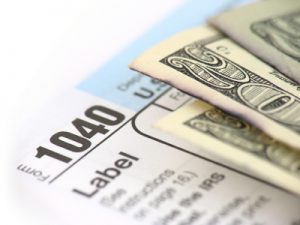 Effective January 22, 2011, New Yorkers filing for bankruptcy will have the added benefit of higher bankruptcy exemptions. The major change is thanks to Governor David Patterson, who signed the bill into law (his last while in office) just before Christmas last year.
Effective January 22, 2011, New Yorkers filing for bankruptcy will have the added benefit of higher bankruptcy exemptions. The major change is thanks to Governor David Patterson, who signed the bill into law (his last while in office) just before Christmas last year.
Exemptions are the legislative tools that a debtor uses to protect their property when they file for bankruptcy. The purpose of exemptions is to assure that debtors are able to continue living a productive economic life. If a debtor loses all of their belongings when they file bankruptcy, they will have a more difficult time getting back on their feet. The more property that can be exempt, the more a debtor can keep. If the property is not exempt it must be given over to the bankruptcy trustee. But exemptions do have limits. If there isn’t enough room left in a debtor’s exemptions to protect ALL of their property, they have to decide what to keep and what they are willing to part with. The following are the major exemption changes that have taken effect:
Cash Exemption – increased from $2,500.00 to $5,000.00
Auto Exemption – increased from $2,400.00 to $4,000.00
Tools of the Trade – increased from $600.00 to $3,000.00
Aggregate Personal Property exemption – increased from $5,000.00 to $10,000.00
I have written a few posts since the bill was signed explaining just how these changes would impact renters and retirees, looking to file for bankruptcy protection. The higher exemptions will have a major impact to the facilitation of the Chapter 7 bankruptcy process in that Interim Trustees should be closing bankruptcy cases more quickly instead of keeping cases open to administer small recoveries for creditors, such as those which would have resulted from tax refunds or the value of late model automobiles. With tax season in full swing, this is GREAT news for New Yorkers. Now, if a debtor receives a significant refund, they will not risk losing it when they file for bankruptcy.
If you have been debating whether to file bankruptcy, you owe it to yourself to contact our offices at 800-479-6330 and schedule a free, non-obligation consultation in which we can assess your current situation and determine whether you may qualify under the new exemption guidelines.
 What Makes Me Different From the Others?
What Makes Me Different From the Others?